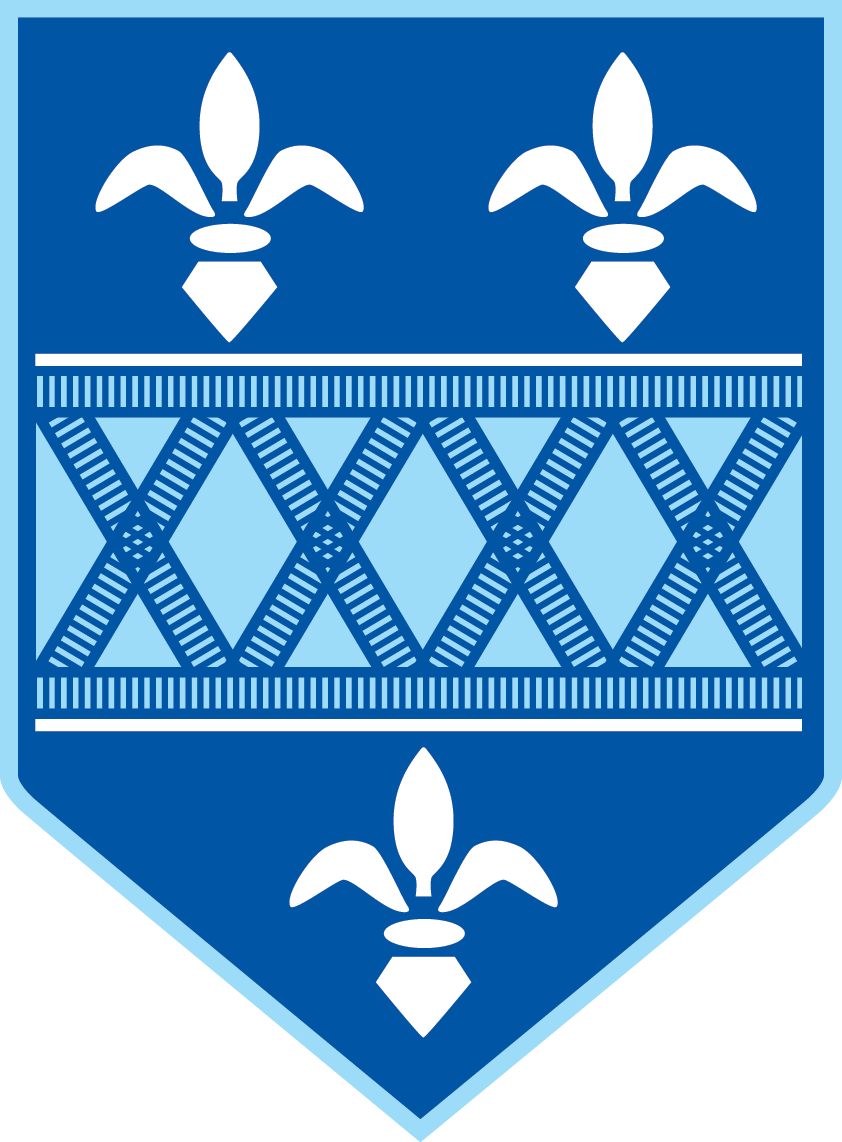Sociology
Curriculum Vision
Sociology is the academic study of how individuals and groups interact and exist within contemporary society. It focuses on social processes, structures, and the ways in which society changes over time. Sociology encourages a critical awareness of social life, aiming to look beyond the surface and challenge assumptions about what is often taken for granted.
The Sociology curriculum aims to develop student’s curiosity and understanding surrounding the behaviours and interactions within society both locally and globally. Students are continually encouraged to develop their understanding of themselves as individuals, and question their place in local and global contexts through thought provoking discussions that encourage them to think outside their own experiences. The Sociology curriculum challenges students perceptions of themselves and others and fosters and environment that encourages students to be confident in taking risks in challenging themselves outside their comfort zone when exploring new ideas.
Students are supported in engaging with their own social context through the topics taught from the specification; students leave Sociology with the ability to apply traditional and contemporary theory to this context.
A video introduction to our Sociology course in LPGS6 (our co-educational Sixth Form)

